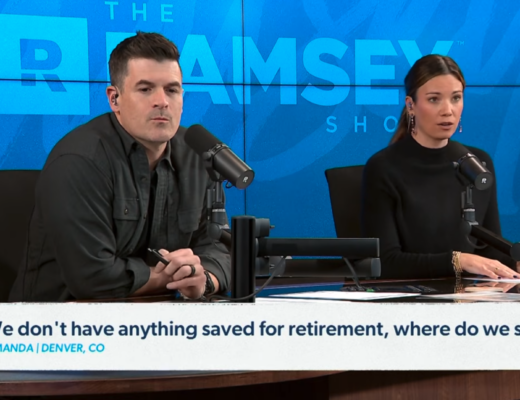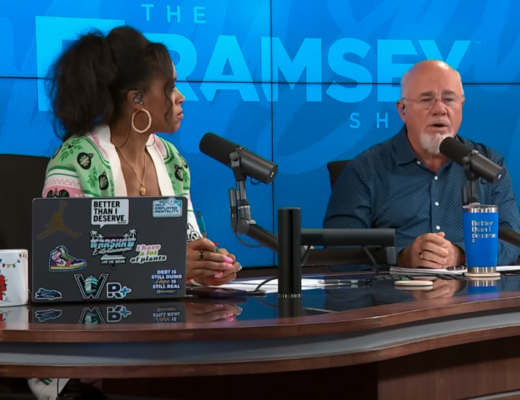How is this possible? Because net worth without cash flow is essentially worthless.
The husband, a successful dentist, and his wife, also a high-income professional, were making nearly $400,000 annually. They lived conservatively and had accumulated impressive assets: rental properties, retirement accounts, stocks, bonds, and even cryptocurrency. Yet despite this financial “success,” they were experiencing marital tension and feeling trapped by their jobs.
The Trap of Asset Accumulation
When they showed me their financial situation, I immediately spotted the problem. They had a negative monthly cash flow of about $4,500, while simultaneously saving almost $5,000 monthly in retirement accounts and whole life insurance. Their money was going into assets that provided no immediate benefit to their daily lives.
This is the trap many financial advisors lead you into: locking your money away in 401(k)s, IRAs, and paying down mortgages, all while neglecting your current cash flow needs. You’re told to sacrifice today for tomorrow, but what good is future wealth if you’re miserable getting there?
The Cash Flow Solution
Looking at their situation, I applied what I call the Cash Flow Index – a method I developed in 2008 to determine which debts to pay off first. Instead of focusing on interest rates or lowest balances, we look at which debt payments, when eliminated, provide the biggest monthly cash flow improvement.
For this couple, I found that paying off just $34,000 in targeted credit card debt would free up nearly $1,000 in monthly cash flow. Expanding to $75,000 in debt payoff would free up $1,850 monthly. That’s a guaranteed return far better than most investments could provide.
But where would they get this money? From their existing assets, of course!
- They had $286,000 in liquid savings, including life insurance cash value
- They owned cryptocurrency that had appreciated significantly
- They had rental properties with low returns on equity
- They had various investment accounts with unrealized gains
By strategically liquidating some of these assets and redirecting the funds to eliminate high-impact debt, they could dramatically improve their monthly cash flow without significantly impacting their net worth.
Return on Equity: The Missing Calculation
I showed them how to calculate return on equity for their rental properties. One property was generating only $4,000 annual profit on $100,000 of equity – a mere 4% return. By selling that property and reinvesting the proceeds at even a modest 10%, they could double their cash flow from that asset.
This is the key insight: assets that don’t generate adequate cash flow are actually costing you freedom.
By restructuring just $375,000 of their $3.5 million net worth, they could increase their annual cash flow by $54,000 – completely eliminating their monthly shortfall and creating breathing room in their budget.
The Real Measure of Wealth
The transformation in this couple was immediate. They felt hope again. The tension in their marriage eased as they realized they could have both security (his priority) and growth (her priority) by focusing on the right metric: cash flow.
This isn’t just about money – it’s about freedom. When you have passive income exceeding your expenses, you become work-optional. You work because you want to, not because you have to.
Too many people follow conventional financial wisdom and end up with impressive net worth statements but limited lifestyle options. They’re trapped in high-stress jobs to maintain assets that don’t actually serve their daily needs.
Don’t fall into this trap. Shift your focus from net worth to cash flow. Evaluate every financial decision based on how it impacts your monthly income, not just your balance sheet. That’s the path to true financial freedom – where your money works for you, not the other way around.
Frequently Asked Questions
Q: Isn’t building net worth still important for long-term financial security?
Net worth does matter, but only as a secondary metric. The primary focus should be on cash flow. A growing net worth that generates increasing passive income is ideal, but accumulating assets that don’t produce income won’t create freedom. Think of net worth as potential energy and cash flow as kinetic energy – one is stored wealth, the other is wealth in action.
Q: How do I calculate the Cash Flow Index for my own debts?
Take the current balance of any loan and divide it by the minimum monthly payment. The lower the resulting number, the higher priority that debt should be for payoff. For example, a $5,000 loan with a $250 monthly payment has a Cash Flow Index of 20, while a $20,000 loan with a $400 payment has an index of 50. The first loan would free up more monthly cash flow relative to the payoff amount.
Q: Won’t selling appreciated assets trigger tax consequences?
Yes, there may be capital gains taxes when selling appreciated assets. However, the improved cash flow often outweighs the tax impact. For example, if you pay 15% capital gains tax on a $100,000 profit from selling a rental property, you still have $85,000 to reinvest. If that $85,000 generates 10% annual cash flow versus the property’s 4%, you’re still significantly ahead despite the taxes paid.
Q: What types of investments create good cash flow?
Cash-flowing investments include rental properties with strong returns on equity, private lending, certain dividend stocks, business investments, and various alternative investments. The key is focusing on the actual cash return relative to your investment, not just potential appreciation. Many investors make the mistake of accepting low cash returns while hoping for future appreciation, which keeps them cash-poor despite growing net worth.







